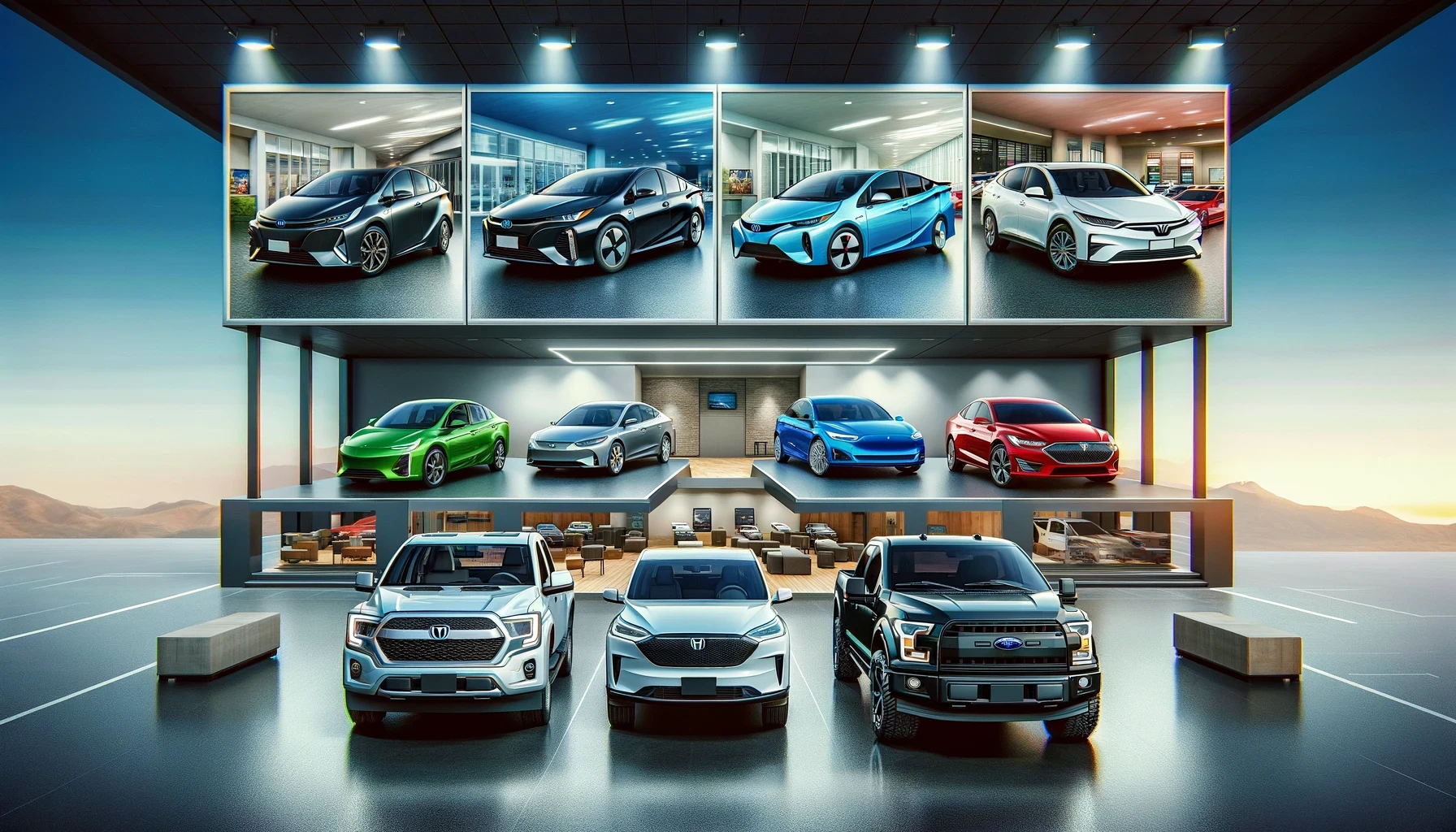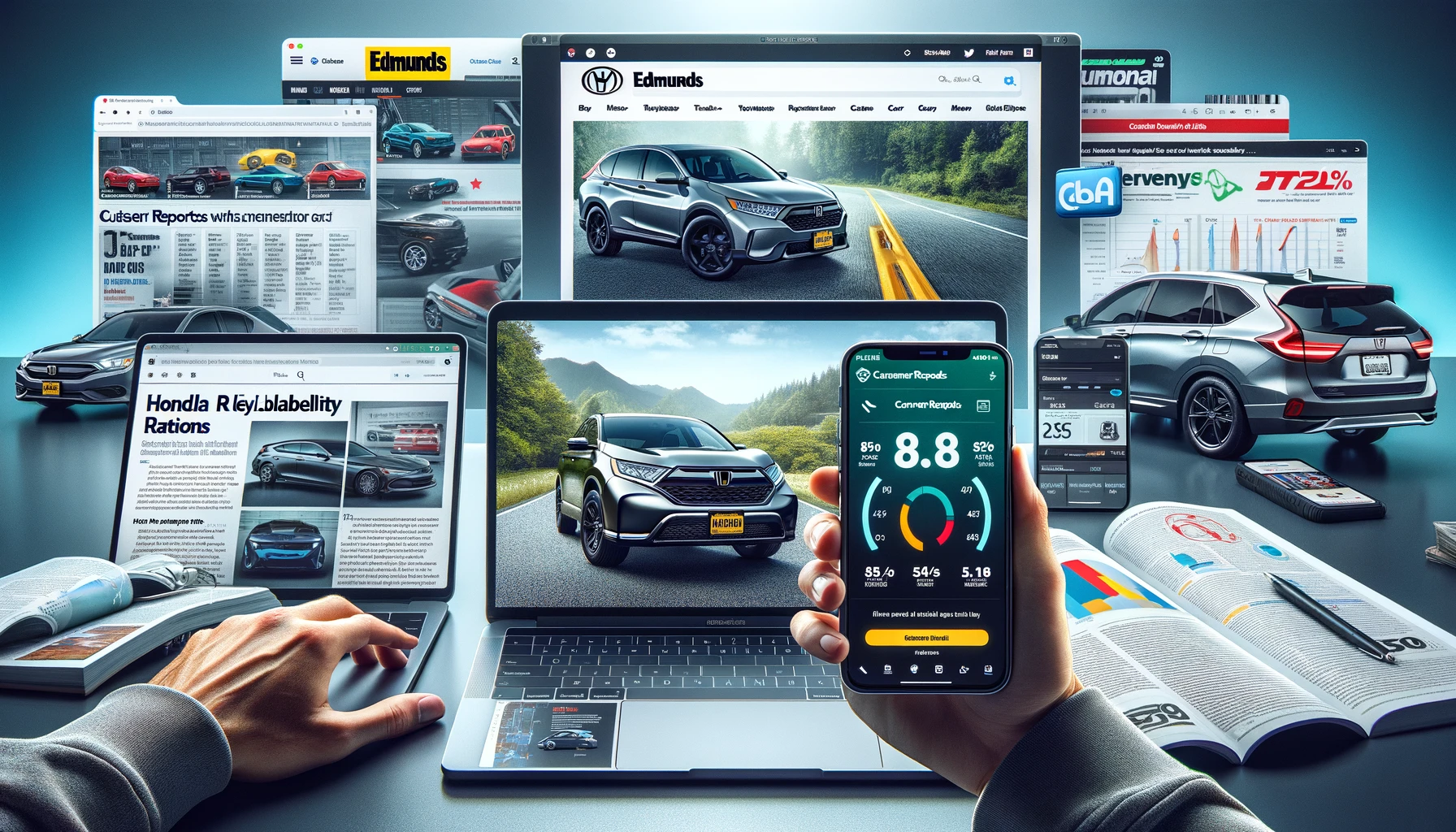Vehicle Types: Choosing the Perfect Ride for You
Selecting the right vehicle hinges on understanding the various options available and how they align with your needs and preferences. Here’s a breakdown of some popular vehicle categories:
Hybrids
- Pros: Hybrids are eco-friendly, combining electric motors with gasoline engines to significantly reduce fuel costs and emissions. Examples include the Toyota Prius, known for its exceptional fuel economy.
- Cons: They have a higher upfront purchase price and potential battery replacement expenses. However, long-term fuel savings can outweigh these costs. For instance, the Honda Accord Hybrid may cost more initially but offers significant savings over time.
Sedans
- Pros: Sedans are generally affordable and fuel-efficient, making them ideal for single drivers or small families who primarily commute. Reliable and efficient choices include the Honda Civic and Toyota Camry.
- Cons: While practical, sedans often lack the cargo space of larger vehicles, which might limit families or those needing to transport significant gear. For example, a Hyundai Elantra might be less suitable for frequent road trips due to its limited trunk space.
SUVs and Crossovers
- Pros: These versatile vehicles provide ample space, handle diverse terrains and weather well, and boast advanced safety features. Perfect for families and those requiring space and flexibility, the Toyota Highlander and Subaru Outback showcase spacious interiors and strong performance.
- Cons: They offer lower fuel efficiency and higher operating costs compared to smaller vehicles. Their larger size can also make maneuvering in tight spaces challenging. Driving a Ford Explorer in a city might be less convenient than a compact car.
Electric Vehicles (EVs)
- Pros: EVs offer substantial fuel cost savings, zero emissions, and require less maintenance than gasoline cars. They are especially appealing in urban areas with accessible charging stations. Popular examples include the Tesla Model 3 and Nissan Leaf.
- Cons: Range anxiety and limited charging infrastructure remain concerns for potential EV owners. The upfront cost is typically higher, though this is decreasing with technological advancements. The Chevrolet Bolt EV, for instance, offers great range but at a higher initial cost.
- Pros: Built for work and adventure, trucks offer superior towing capacity and utility. Ideal for hauling heavy loads or tackling off-road terrains, the Ford F-150 is a popular choice.
- Cons: Trucks tend to have lower fuel efficiency and can be less maneuverable than other vehicle types. Their larger size might not be ideal for everyday city driving.
- Lifestyle Considerations
Trucks
Beyond these categories, consider your lifestyle. Sports cars prioritize a thrilling driving experience, while minivans excel at maximizing passenger and cargo space for large families.
By understanding the pros and cons of each vehicle type and reflecting on your needs and preferences, you can make an informed decision that perfectly suits your driving journey. Remember, test driving various options is crucial to finding the perfect fit!
How to Use AI to Understand and Select the Right Type of Car
Leveraging AI tools like ChatGPT and Bard/Gemini can significantly simplify the process of selecting the right vehicle. Here’s how you can use these advanced technologies to make an informed decision:
Personalized Recommendations
AI tools can analyze your specific needs and preferences to provide tailored vehicle recommendations. By inputting details such as your budget, family size, daily commute, and preferred vehicle features, AI can suggest cars that best match your criteria.
Example: By telling ChatGPT that you have a long daily commute, a preference for eco-friendly vehicles, and a budget of $25,000, it can recommend options like the Toyota Prius or Honda Civic Hybrid.
Real-Time Comparisons
AI can provide real-time comparisons between different vehicle models. This includes side-by-side evaluations of fuel efficiency, safety ratings, cargo space, and other crucial factors.
Example: Bard/Gemini can compare the Toyota Highlander and Subaru Outback, highlighting their differences in fuel efficiency, cargo capacity, and safety features to help you decide which SUV suits your needs better.
Total Cost of Ownership Calculations
AI tools can calculate the total cost of ownership for various vehicles, including purchase price, insurance, maintenance, and fuel costs. This comprehensive view helps you understand the long-term financial implications of your choice.
Example: ChatGPT can help you estimate the five-year cost of owning a Tesla Model 3 versus a Nissan Leaf, factoring in initial cost, electricity rates, and maintenance expenses.
Lifestyle and Environmental Impact Analysis
AI can assess how different vehicle types align with your lifestyle and environmental goals. Whether you’re looking for a vehicle with a low carbon footprint or one that fits your adventurous lifestyle, AI can provide insights based on the latest data and trends.
Example: Bard/Gemini can recommend electric vehicles like the Chevrolet Bolt for eco-conscious drivers or off-road capable vehicles like the Jeep Wrangler for outdoor enthusiasts.
Summary Table of Vehicle Types
| Vehicle Type | Pros | Cons | Examples |
| Hybrids | Eco-friendly, reduced fuel costs, lower emissions | Higher upfront cost, potential battery replacement expenses | Toyota Prius |
| Sedans | Affordable, fuel-efficient, ideal for commuting | Less cargo space, may not be suitable for larger families or significant gear | Honda Civic, Toyota Camry |
| SUVs and Crossovers | Ample space, versatile performance in varied terrains, advanced safety features | Lower fuel efficiency, higher operating costs, challenging to maneuver in tight spaces | Toyota Highlander, Subaru Outback |
| Electric Vehicles (EVs) | Substantial fuel savings, zero emissions, lower maintenance | Range anxiety, limited charging infrastructure, higher upfront cost | Tesla Model 3, Nissan Leaf |
| Trucks | Superior towing capacity, ideal for heavy loads and off-road terrains | Lower fuel efficiency, less maneuverable, not ideal for everyday city driving | Ford F-150 |


